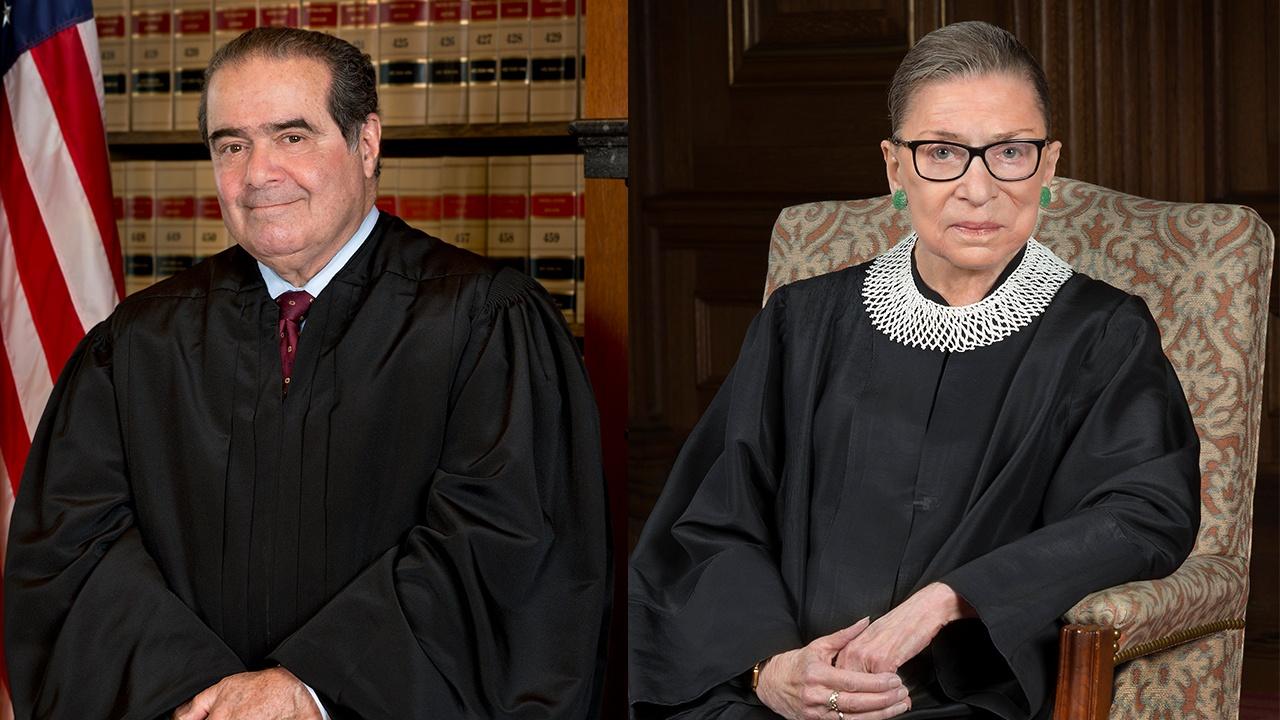When it came to interpreting the Constitution, Supreme Court Justices Antonin Scalia and Ruth Bader Ginsburg disagreed a lot. He was a Constitutional originalist who believed that the Constitution means what it meant when it was adopted. In other words, it’s not subject to changing times. Ginsburg, on the other hand, was a Constitutional modernist who believed in a “Living Constitution” – one that is subject to changing times. These opposite philosophies pitted them against each other quite a bit.
Despite their legal disagreements, the two judges were close friends, and opera had a lot to do with that. They both loved opera! I can’t help but wonder if their opera conversations included originalist versus modernist debates. I mean, would Scalia, the Constitutional originalist, have supported using real castrated men with high voices in modern productions of Handel’s Julius Caesar? Handel had castrated men in mind when he originally composed the music, right? Would Ginsburg, the Constitutional modernist, have supported adding Hip-Hop style kicks and snare grooves to the orchestra in modern productions of Bizet’s Carmen? Bizet never heard of Hip-Hop kicks and snare grooves, but who’s to say he wouldn’t like them?
We’ll probably never know how Scalia and Ginsburg talked about opera privately, or if their Constitutional philosophies agreed with their beliefs about opera, but I’ll bet their conversations would’ve been fun to overhear!
Composer Derrick Wang recently composed a comic opera called Scalia/Ginsburg, “…a fiercely entertaining crash course on the US Constitution and the people who uphold it.” (Broad Street Review) It includes actual lines from the judges’ opinions and speeches. Both Scalia and Ginsburg knew about this opera, and they both loved it. WNED Classical will broadcast an Opera Delaware production of Scalia/Ginsburg on Saturday, November 7, 2020 at 1:00 p.m. (EST). We hope you’ll tune-in!



